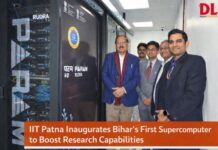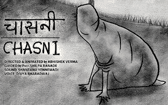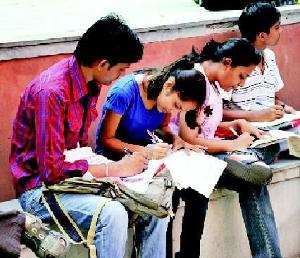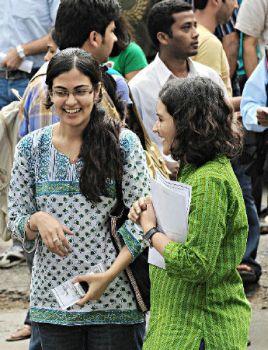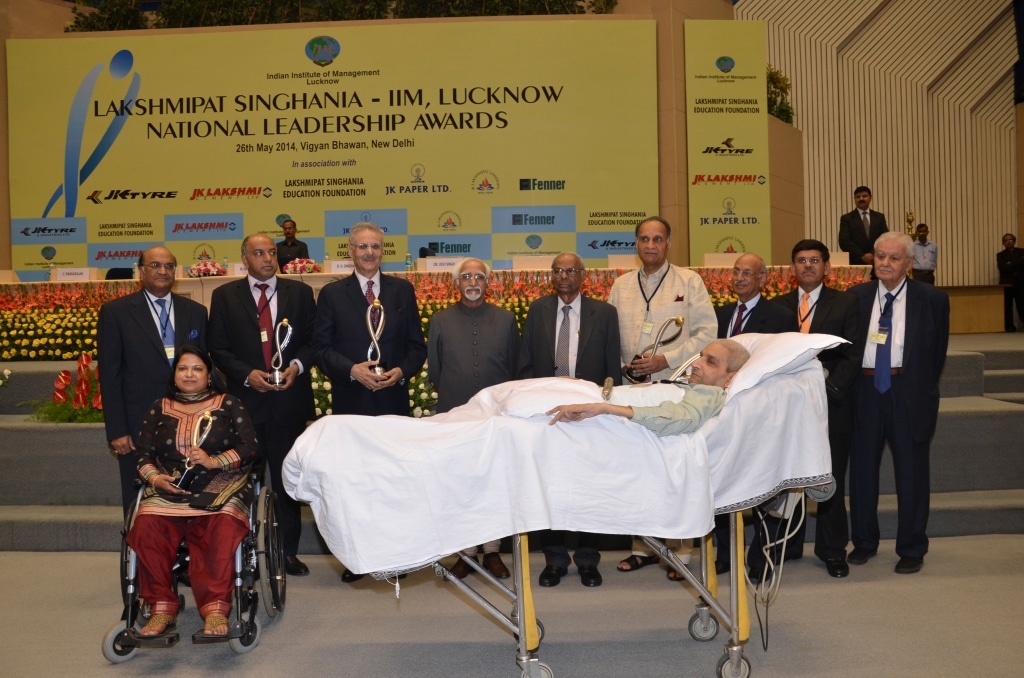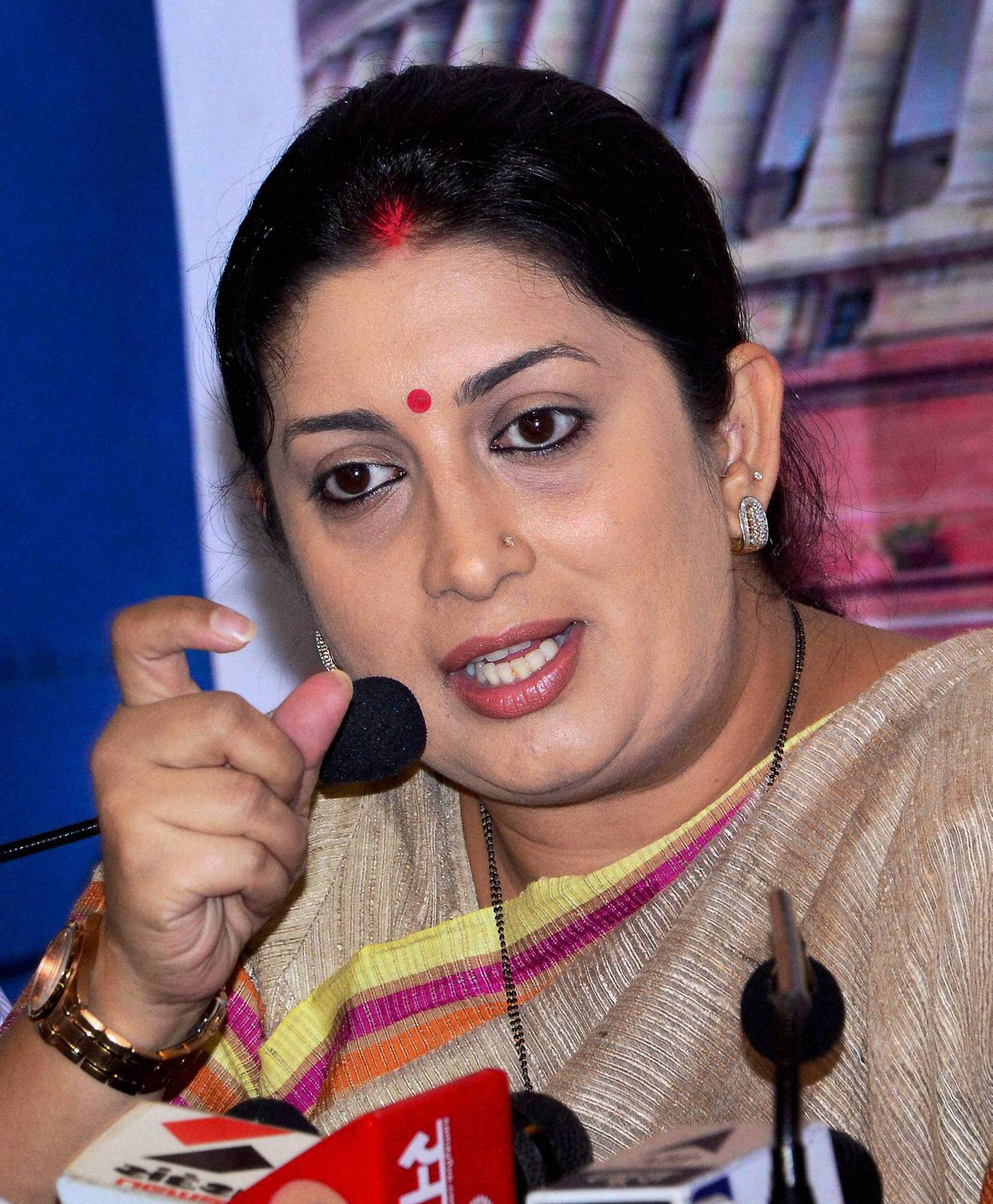For Indians, Europe is now more than just a holiday destinations. Students, belonging to middle-class families, who wish to pursue their higher studies in foreign universities, are opting for European institutions.
Universities in Belgium, Germany, Sweden, France, Latvia and Italy are offering quality education at 70 percent of what it would cost in the UK and the US. These universities are attracting increasing number of Indian students as most of these institutions are funded by government and plenty of scholarships opportunities. With all the financial matters taken care of, students just need to cover living expenses by themselves.
G K Unnithan, educational consultant, Manchester Group, Coimbatore, stated that students are interested in universities that include excellent faculty, job opportunities along with lower costs. He said that Germany is the best choice for students who want to pursue automobile and aeronautical engineering. For students opting for the European universities, living expenses can be high but their government allows foreign students to work which is not permitted in the US or the UK.


